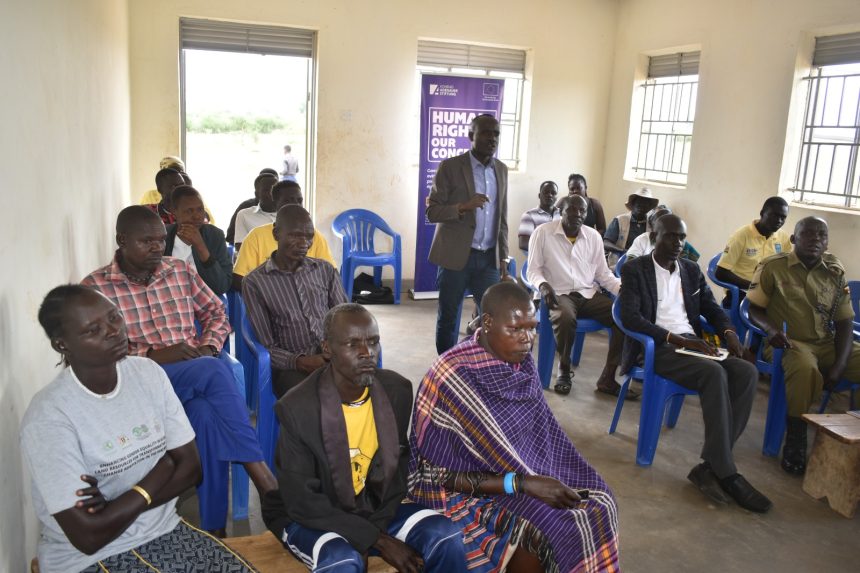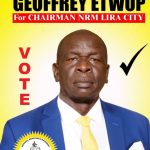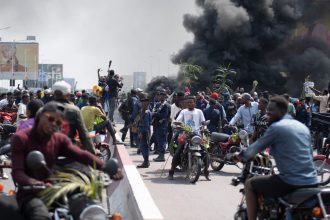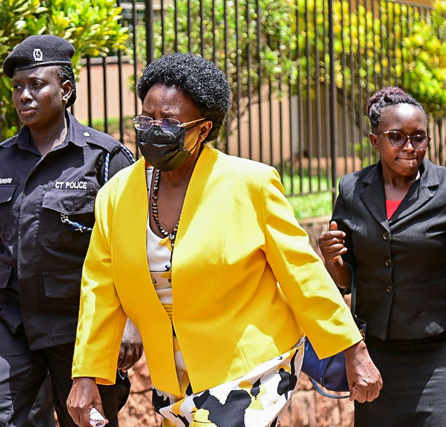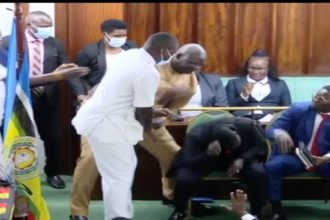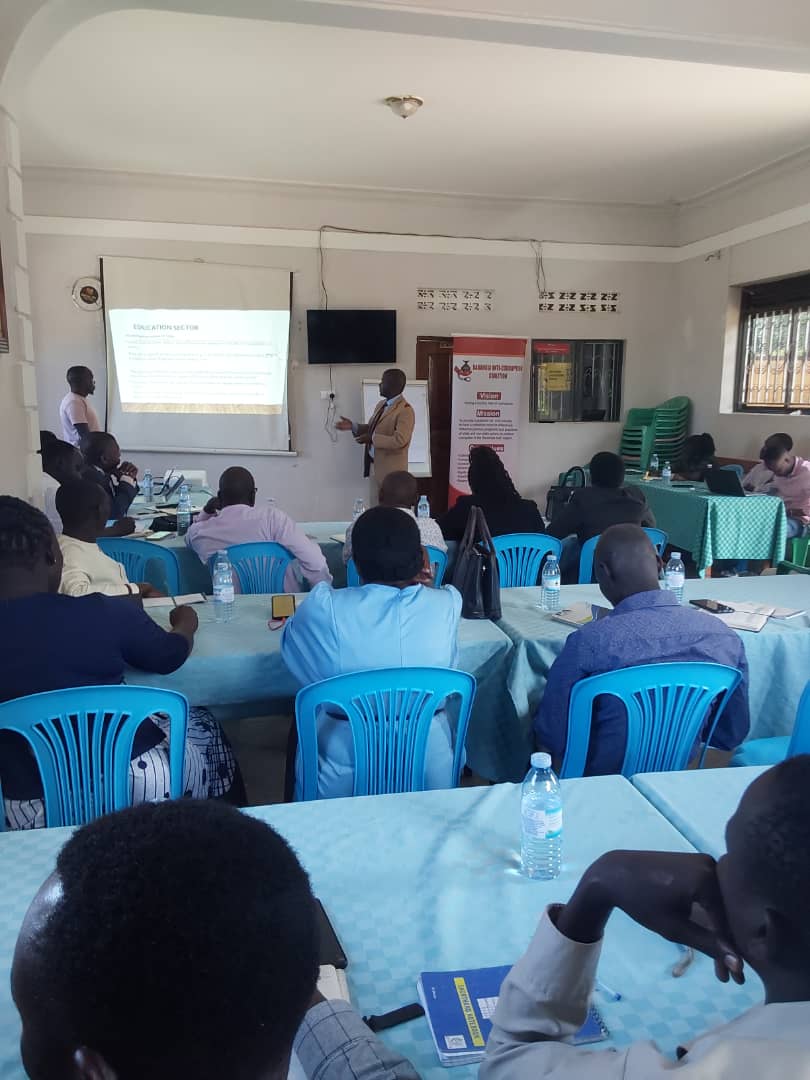In Kotido District’s West Division, a pivotal moment unfolded as the community gathered at the division headquarters on Tuesday, 8th April 2025, to address urgent human rights challenges under the banner of the “Human Rights Our Concern” project. Co-funded by the European Union and Konrad Adenauer Stiftung, in collaboration with the African Institute for Investigative Journalism and Chapter Four, this initiative seeks to empower individuals, promote justice, and foster equitable freedoms across Uganda.
A Call for Responsibility and Balance
Project Manager Emasit Okurut Samson opened the dialogue with remarks that struck at the core of community development. He emphasized the delicate balance between rights and responsibilities, painting a vivid picture of the collective effort required to build thriving communities. “The energy we pour into childbearing should match the determination we apply to farming, feeding our families, and securing brighter futures for our children,” Samson said. His metaphor highlighted the dual role families play in nurturing lives while embracing civic education and accountability.
Samson’s message was not abstract; it was a rallying cry to inspire change. It challenged the community to actively participate in shaping their own destinies, transforming human rights from a concept into actionable change.
Voices Raised: Human Rights Challenges
The dialogue brought urgent issues to light, many of which directly impact the lives of Kotido’s residents. Subcounty Chief Longoli Isaac Moding raised concerns about the misuse of government programs, encouraging families to lead efforts like constructing latrines and ensuring children’s education rather than placing blame on authorities. His call for climate justice added depth to the conversation, linking environmental advocacy to community welfare.
Law enforcement inefficiencies dominated the discussions. Community Liaison Officer Longole Calistus and others highlighted widespread police bribery, forceful arrests, and delayed justice, emphasizing the critical need for accessible police services. Namuya Apagoroko echoed these concerns, calling for a nearby police station to alleviate the time and hardships faced when pursuing justice.
Gender-based violence (GBV), forced marriages, and widow inheritance emerged as key challenges. Councillor Achii Vicky shed light on the devastating impact of land disputes and the uneven focus of NGOs, advocating for balanced support across genders. Mary Nakong, Chairperson of the Women’s Council, and Youth Councillor Meri Romano spoke about societal issues, including alcoholism, its ripple effects on youth education, and the erosion of respect for educators.
Empowering Women for Leadership
The dialogue championed the need for women to rise in leadership roles. Namuya Apagoroko inspired attendees by referencing the achievements of women leaders such as LC5 chairpersons in Kapchorwa. Her call for women to contest positions like LC3 and parliamentary seats carried weight, underscoring the transformative power of inclusive governance.
“We must stand out and distinguish right from wrong,” Apagoroko emphasized, urging women to lead by example to curb domestic violence and foster equitable communities.
Stakeholders Amplify Concerns
Insights from stakeholders added depth to the dialogue. Community Development Officer Lemu Richard warned of worsening conditions if human rights violations continue unchecked. He spotlighted forced marriages, especially among persons with disabilities, and the overwhelming prevalence of land disputes. Labour Officer Lemukol John Bosco added his voice, urging families to prioritize education and end child labor, highlighting its long-term harm to community development.
The dialogue also addressed exploitative practices such as community members being charged for police forms meant to be free—a stark reminder of the systemic issues hindering progress.
Rallying the Community for Change
LC3 Chairperson Lonya Peter closed the session with an empowering message, reminding the community that human rights belong to everyone, but protecting them requires shared accountability. Peter emphasized the impact of taxes in driving development, pointing to the planned opening of five new roads funded through contributions. “Government property is public property, and it is our responsibility to protect it,” Peter said. He urged attendees to safeguard dignity during arrests, respect rightful procedures, and rally behind initiatives that strengthen justice.
Peter’s remarks were not merely a conclusion—they were a call to action, urging the community to seize ownership of their collective future.
A Path to Justice and Unity
The “Human Rights Our Concern” project is a beacon of hope in West Division, Kotido District. It exemplifies the power of community-driven advocacy in breaking barriers and laying a foundation for justice. The voices raised during this dialogue reflect the resilience, determination, and unity needed to address systemic challenges and foster equity.
While the road ahead remains challenging, sustained efforts in education, leadership, and advocacy hold the promise of lasting change. The barriers to justice can—and will—be dismantled, paving the way for a brighter, more equitable future for all.

